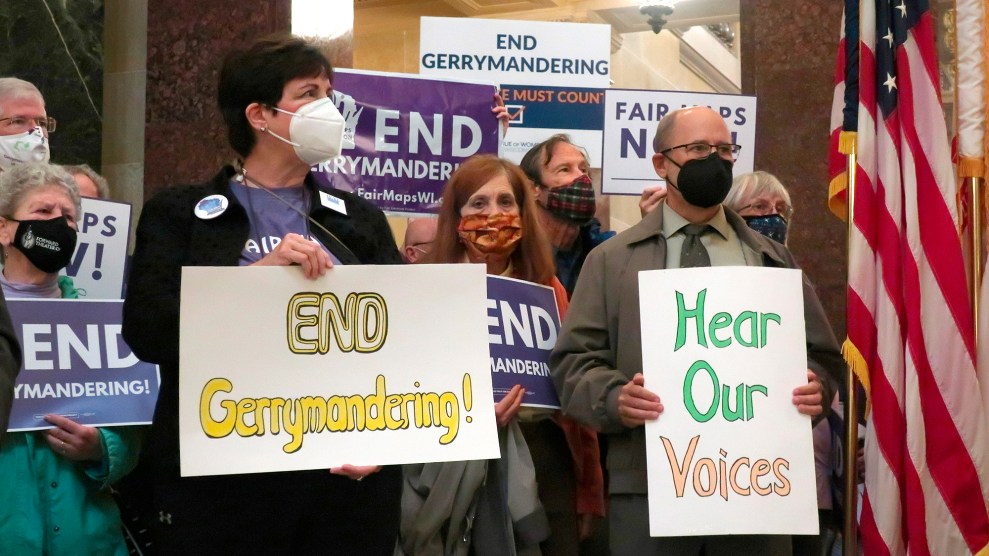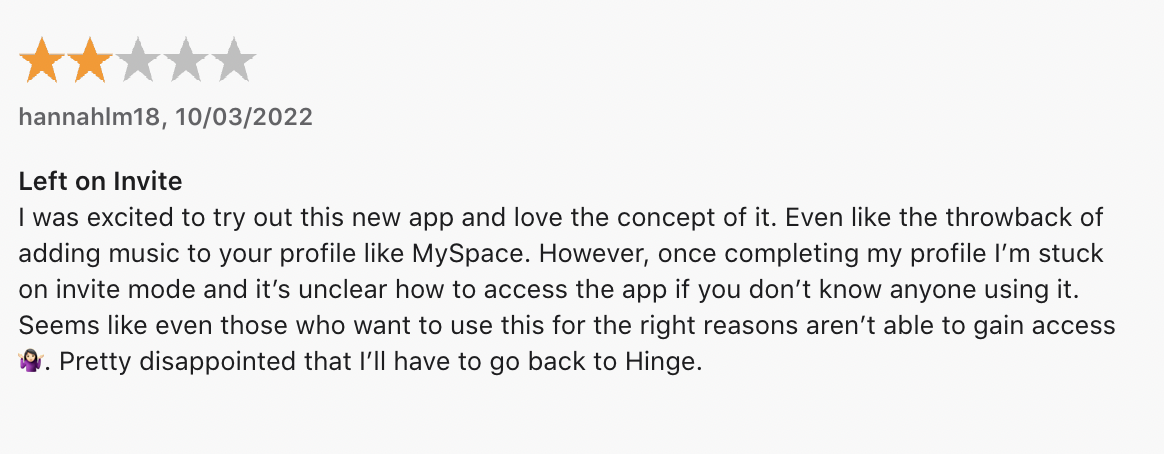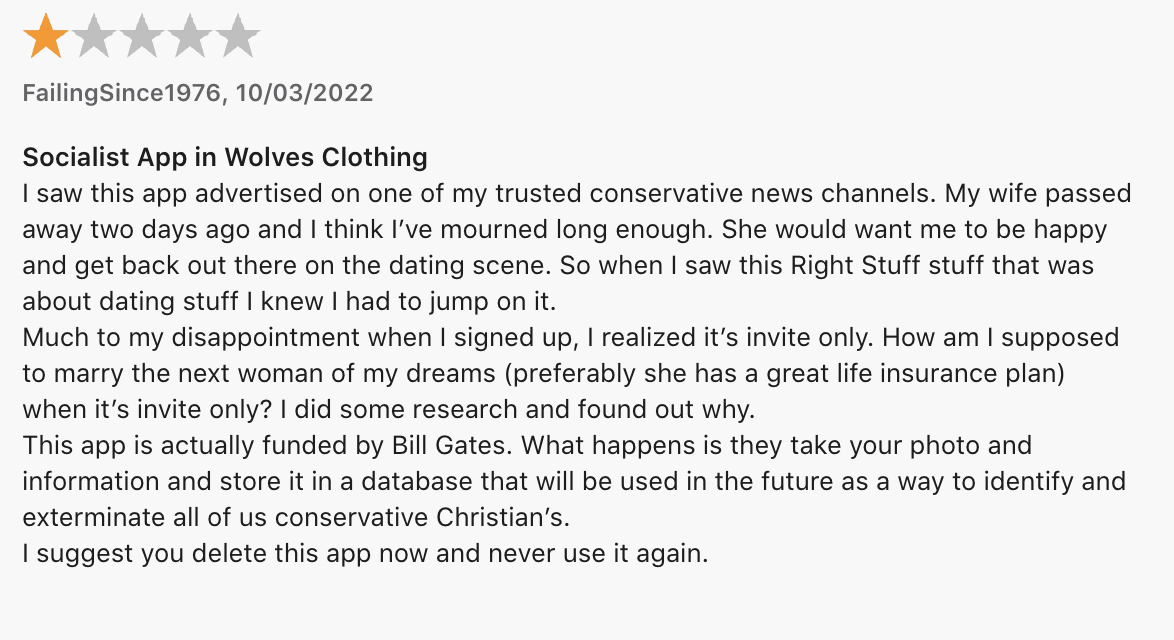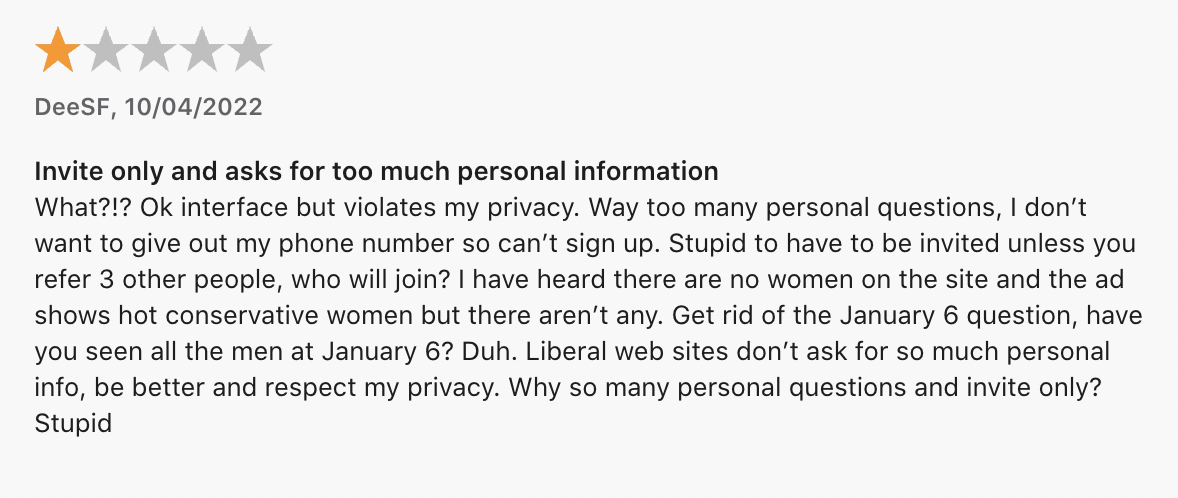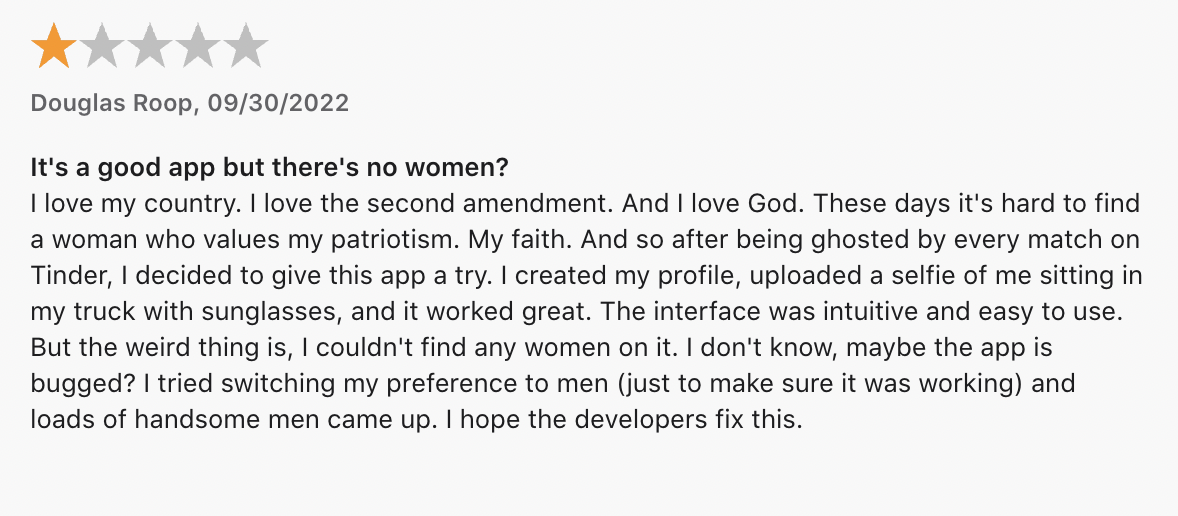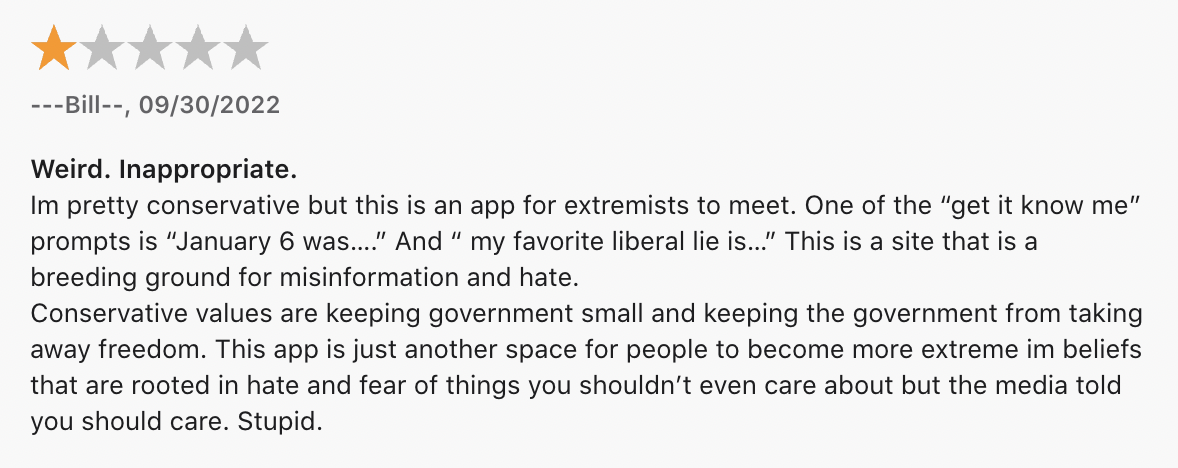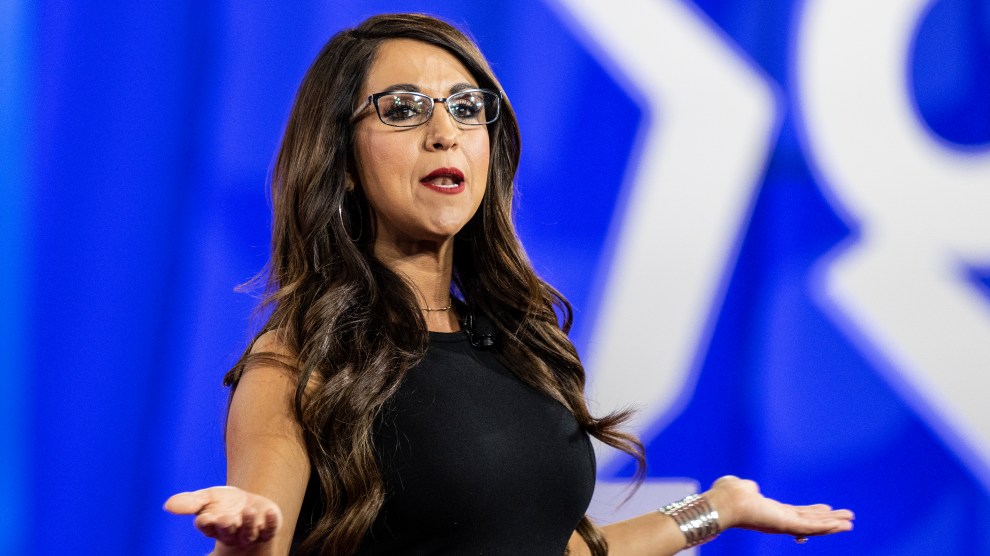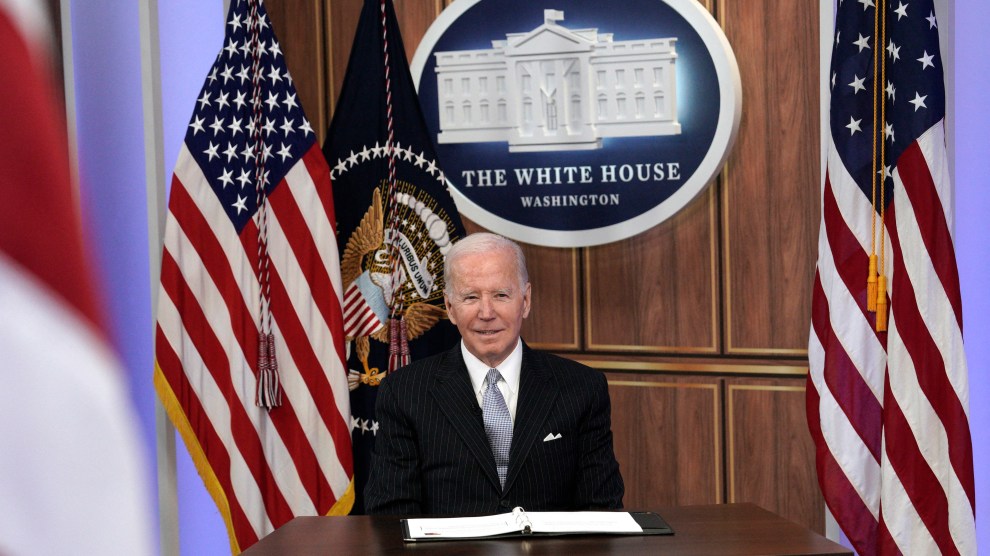
Yuri Gripas/Abaca/Zuma
President Joe Biden celebrated his 80th birthday today, becoming the first ever octogenarian to serve as commander-in-chief.
Biden is ringing in his eighth decade with a birthday brunch hosted by First Lady Jill Biden, White House press secretary Karine Jean-Pierre said. Yesterday, Biden’s granddaughter Naomi was married on the White House lawn, and family who were in town for the wedding will likely be in attendance.
Biden, who still has not announced whether he plans to run for reelection, has faced concerns over his fitness to serve another term as president. If Biden were reelected, he would be 86 by the end of his second term. (Former President Trump, who recently announced that he will run again in 2024, is no young gun, either—if the 76-year-old were to win, he’d be poised to become the second president to turn 80 in office.)
Biden said in an MSNBC interview last month that his age was “a legitimate thing to be concerned about.” Still, he said that his energy level is as high as ever: “I think people should look and say, ‘Does he still have the same passion for what he is doing?’ If they think I do and I can do it, then that’s fine,” he told reporter Jonathan Capehart. “If they don’t, they should vote against me—not against me, they should encourage me not to go. But that’s not how I feel.”
Earlier this week, House Speaker Nancy Pelosi (D-Calif.), who is 82, announced that she would not seek reelection to House leadership. “The hour has come for a new generation to lead the Democratic caucus that I so deeply respect,” Pelosi said in a speech on the House floor on Thursday. House Majority Leader Steny Hoyer (D-N.Y.), 83, will also join the rank and file of Congress, while Majority Whip Jim Clyburn (D-S.C.), 82, will seek a lower-down leadership position.
President Biden also shares a birthday with Judy Woodruff, who, at 76, is stepping down from her position as a PBS NewsHour anchor.
Biden may be the oldest president, but he is far from the oldest politician serving the United States. As my colleague Jacob Rosenberg has noted, Sen. Chuck Grassley (R-Iowa), 88, was reelected earlier this month—he’ll be 95 by the end of his term. Sen. Dianne Feinstein (D-Calif.), who has been plagued by reports of her alleged cognitive decline, is 89.













